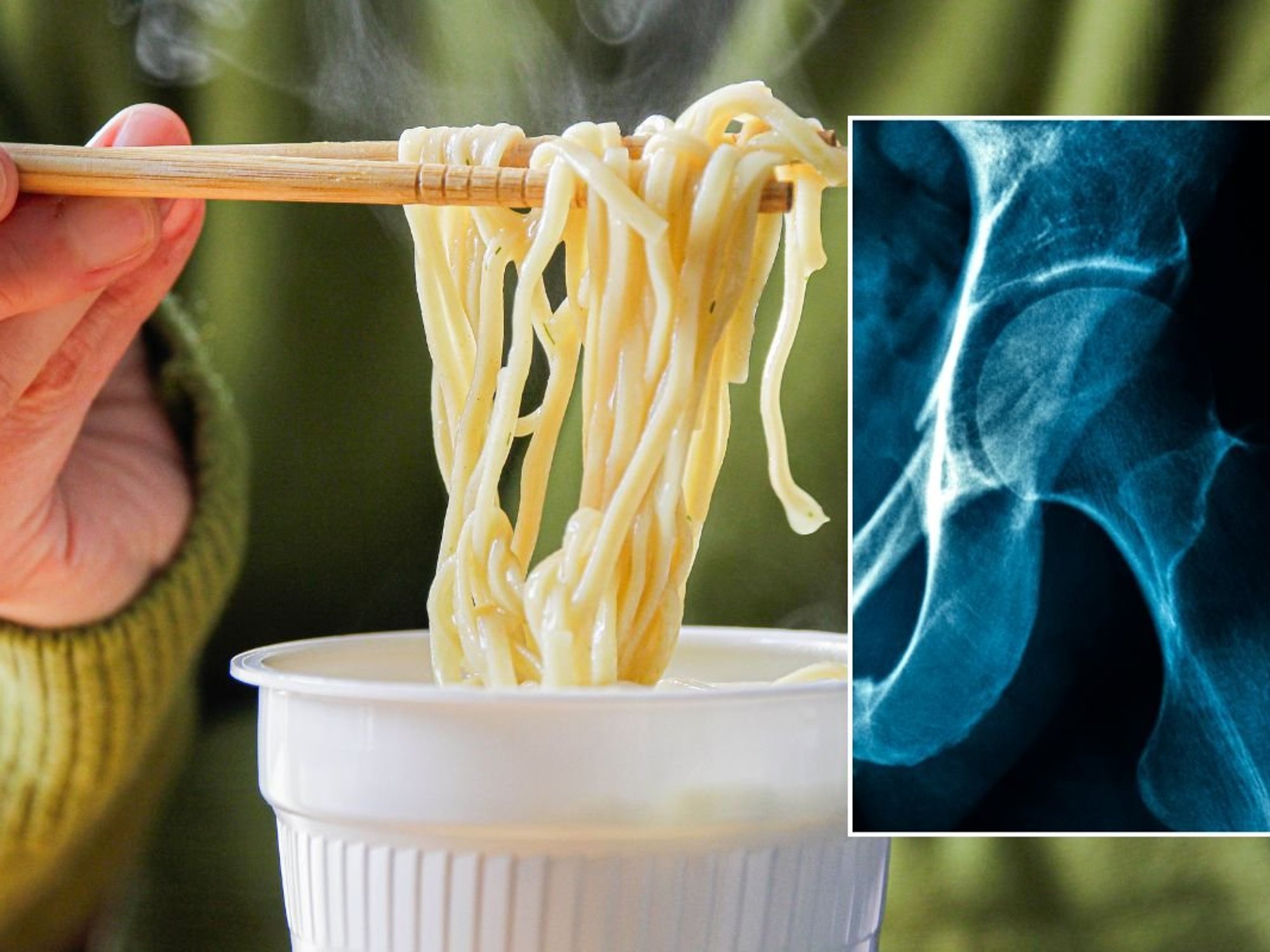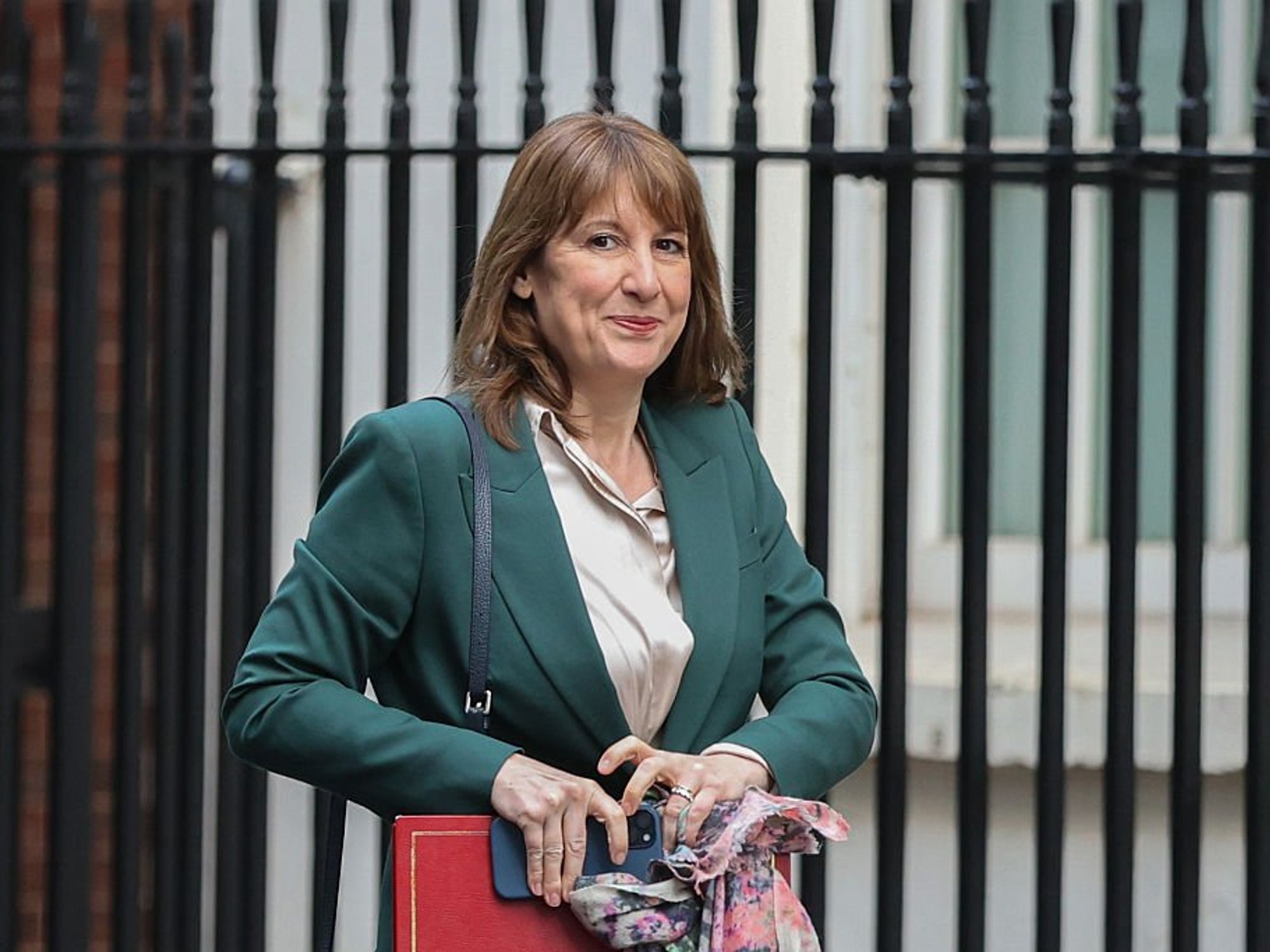Inheritance tax alert: Grieving families will be forced to calculate bill on pensions under new rules
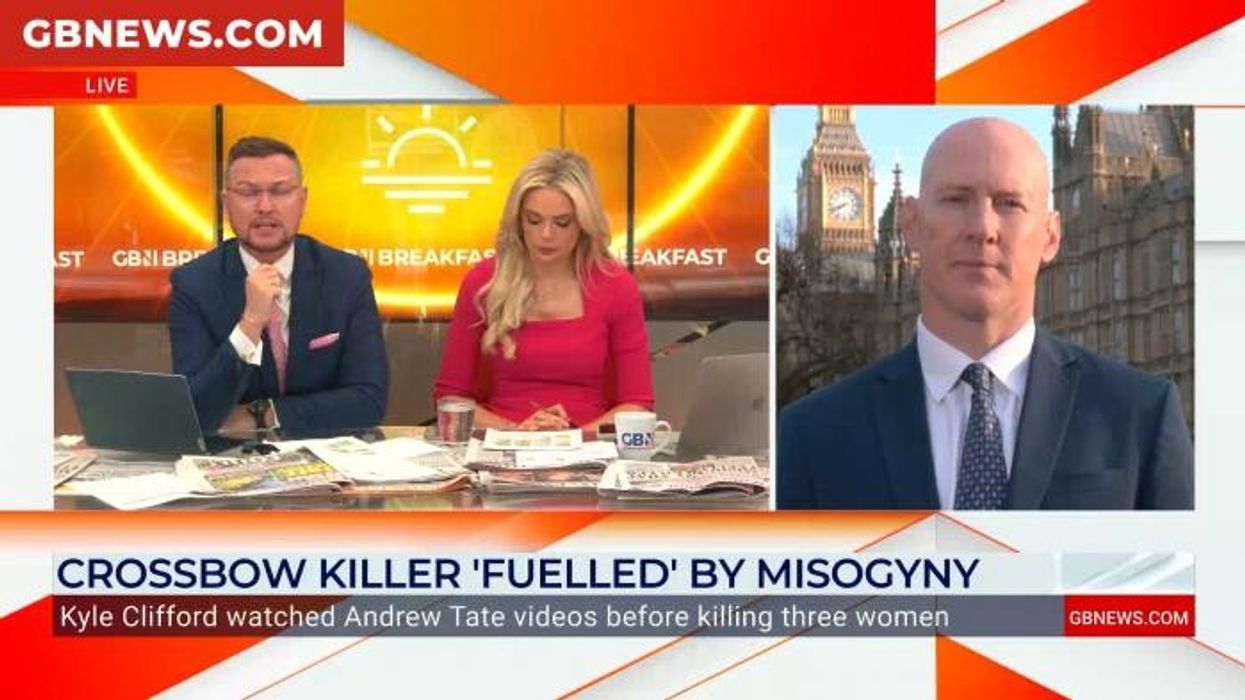
Kieran Mullan MP - Farmers Protest Inheritance Tax & Labour’s Economic Impact |
GBNEWS

According to HMRC, around 10,500 estates a year will be affected once the policy comes into force
Don't Miss
Most Read
Latest
Grieving families will be left to navigate complex tax calculations under new rules set to take effect in April 2027.
The Government has confirmed that executors and administrators, not pension providers, will be responsible for working out and paying inheritance tax on unspent pension funds.
The change, outlined by Rachel Reeves in her first Budget as Chancellor, applies to estates where retirement savings are now considered taxable after death. It marks a reversal of earlier expectations that pension schemes would carry out the calculations.
According to HMRC, around 10,500 estates a year will be affected once the policy comes into force. The measure is expected to raise more than £1 billion annually by the end of the decade.
Families acting as personal representatives will need to identify all of the deceased’s pension pots, contact each scheme individually and gather the relevant details before calculating how much tax is owed.
 inheritance tax affects only around four per cent of families | GETTY
inheritance tax affects only around four per cent of families | GETTY An online tool will then be used to determine the final bill, which must be settled before probate applications can go ahead.
Sir Steve Webb, former pensions minister, warned: "Life is tough enough when you have just lost a loved one without having extra layers of bureaucracy on top."
He highlighted potential complications where family members cannot locate all pension holdings or face delays from providers supplying necessary information.
HMRC acknowledged the decision would create a "significant operational resourcing impact" for the department, whilst industry experts cautioned the changes would introduce "complexity and confusion" to an already difficult period for bereaved families.
Ministers have spared death-in-service benefits from the inheritance tax changes following widespread protests, including from unions representing workers such as firefighters.
Pete Maddern from insurer Canada Life explained these payments "provide a critical short-term financial lifeline for loved ones following the death of a working-age earner."
He noted that including such benefits would have created "much wider repercussions not only for grieving families, but also for the employers that provide these benefits for their workforce."
The Government acknowledged "inconsistencies" in its original proposals, admitting they "would not be consistent with the broader rationale of ending the use of pensions as a tax planning vehicle."
Despite this exemption, experts continue to express concerns about the administrative challenges families will face when dealing with pension inheritance tax.
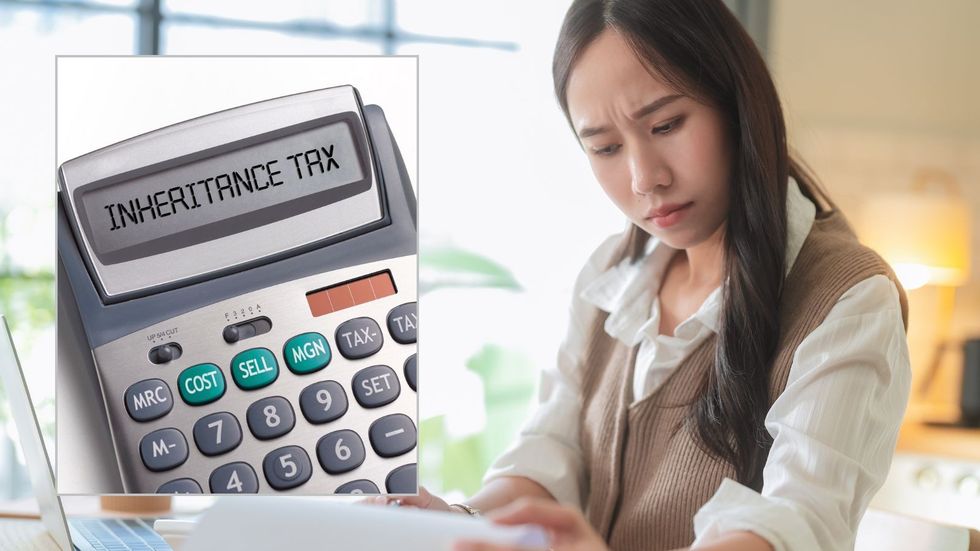
Experts continue to express concerns about the administrative challenges families will face when dealing with pension inheritance tax.
| GETTYFamilies administering estates face potential penalties if inheritance tax payments exceed the six-month deadline, with Reeves having increased HMRC's late payment interest charges from 7.5 per cent to nine per cent in April.
The reforms represent what pension specialist Roddy Munro from Quilter described as a "seismic shift" in retirement and estate planning, warning the policy "risks turning a targeted tax reform into an administrative minefield."
Critics have highlighted the double taxation impact, with beneficiaries of those dying after age 75 facing both inheritance tax and income tax on withdrawals, potentially creating an effective tax rate of up to 70.5 per cent for higher earners.
The policy proved deeply unpopular in recent polling, with only 21 per cent of Britons supporting the measure whilst 44 per cent opposed it.
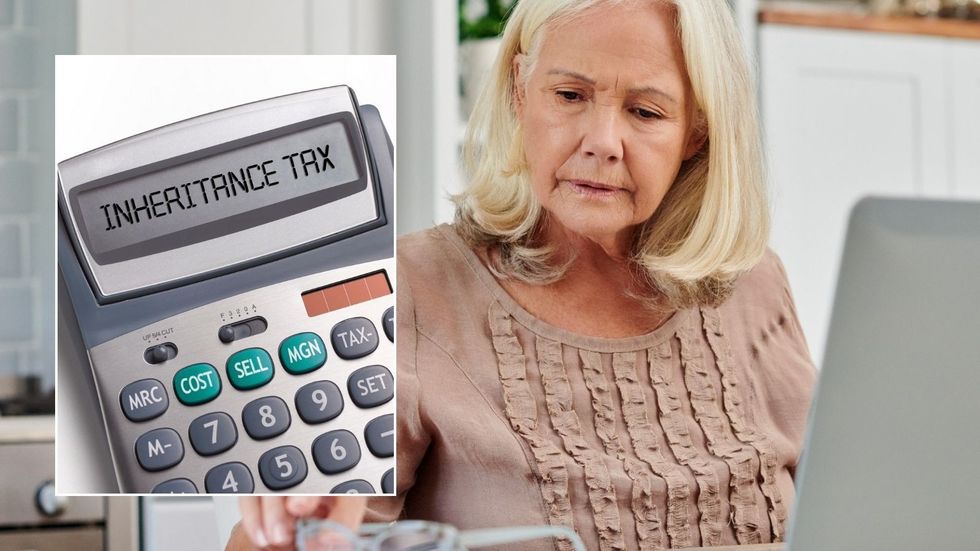
Pension experts report that savers are already modifying their financial behaviour ahead of the 2027 deadline
| GETTYPension experts report that savers are already modifying their financial behaviour ahead of the 2027 deadline, with some withdrawing funds earlier than planned to avoid potential tax liabilities for their beneficiaries.
Craig Rickman from Interactive Investor warned this could "lead to poorer outcomes in retirement" and "damage trust and confidence in a pension system that is already on shaky ground."
He expressed concern that individuals might extract and transfer pension money they require for future obligations, including care costs.
Roddy Munro from Quilter predicted "a massive transfer of private wealth back to the state," noting that whilst only a small proportion of estates would pay additional tax, many more would encounter "needless complexity, delays, and stress - often at the worst possible time."
More From GB News






